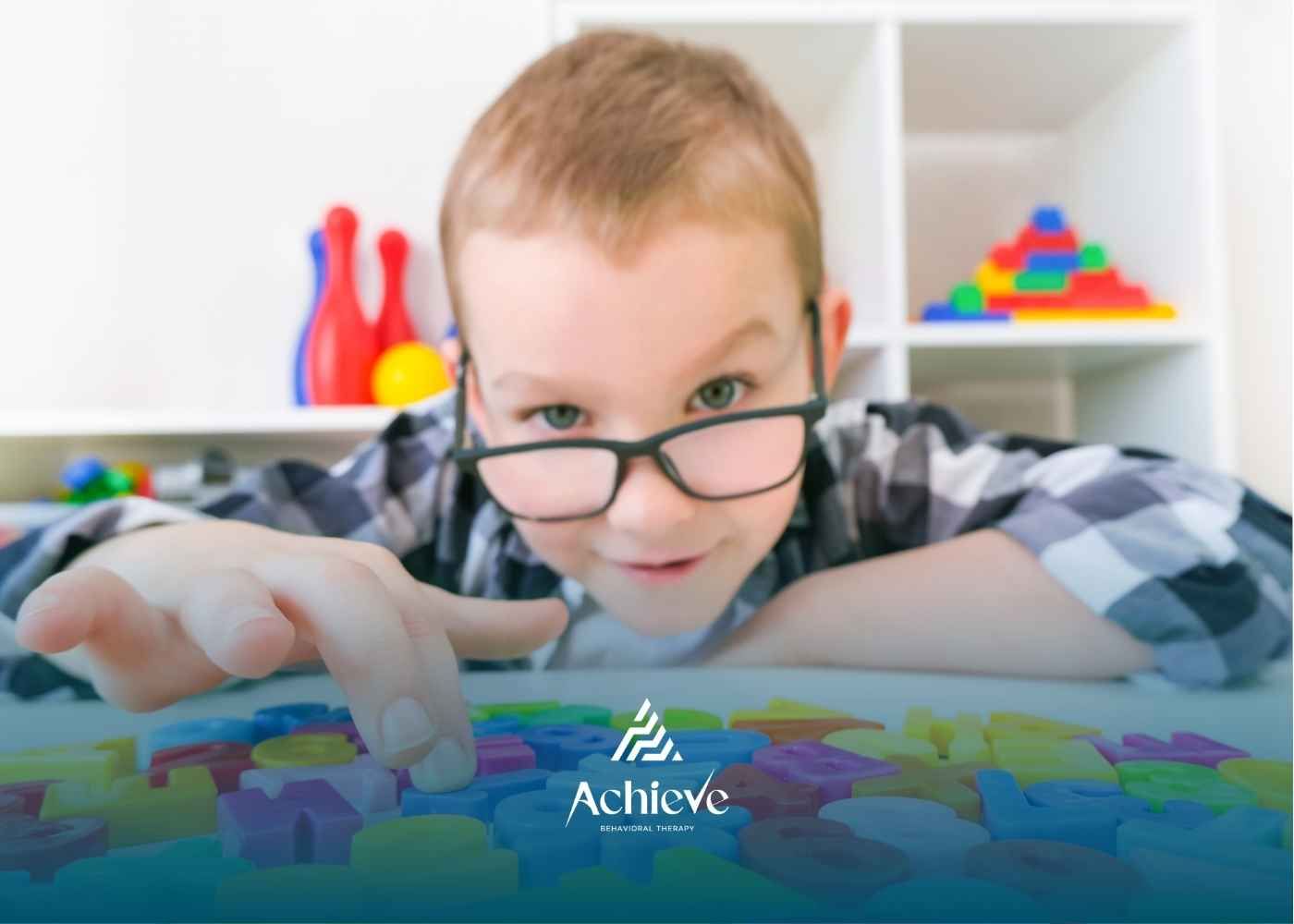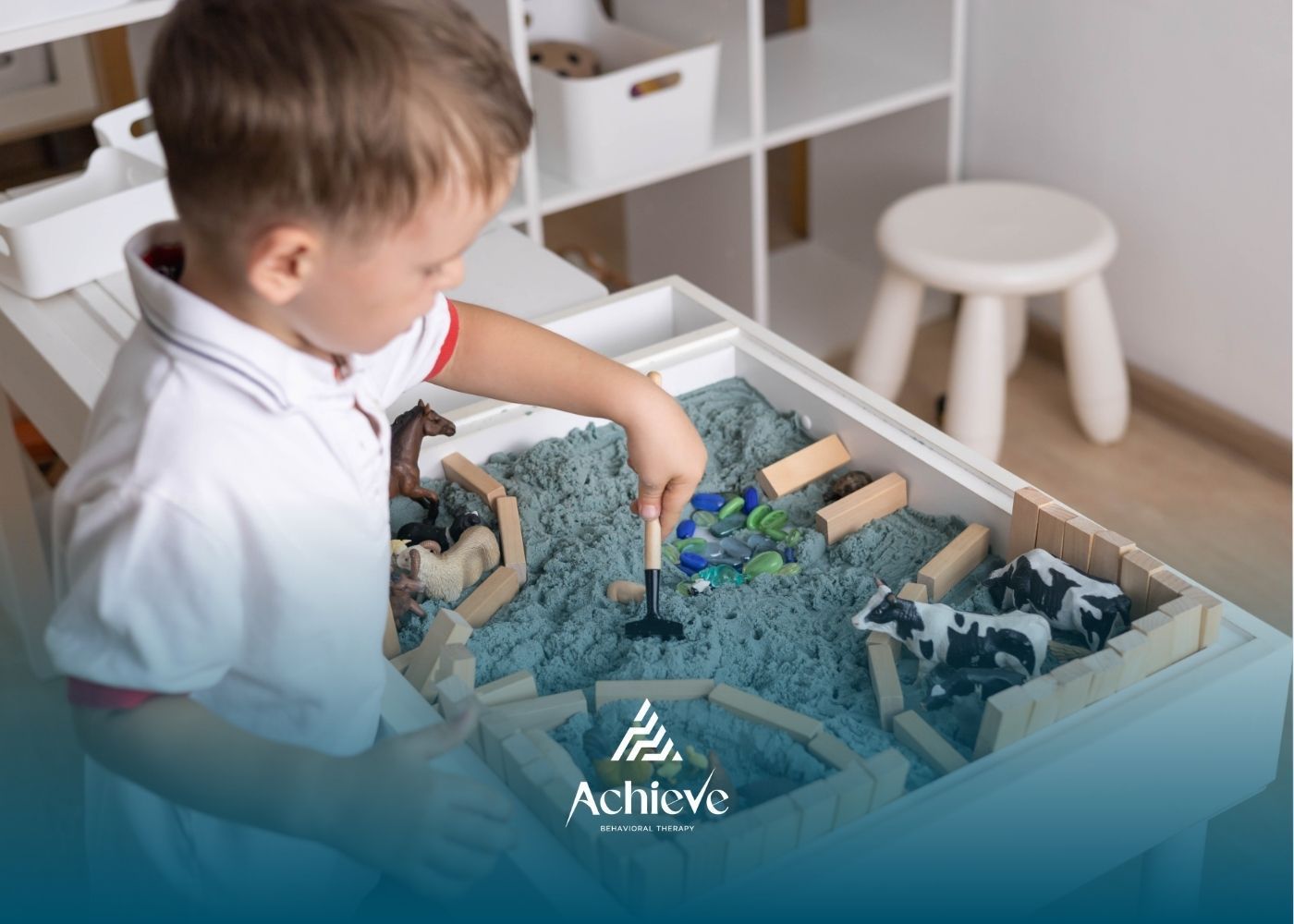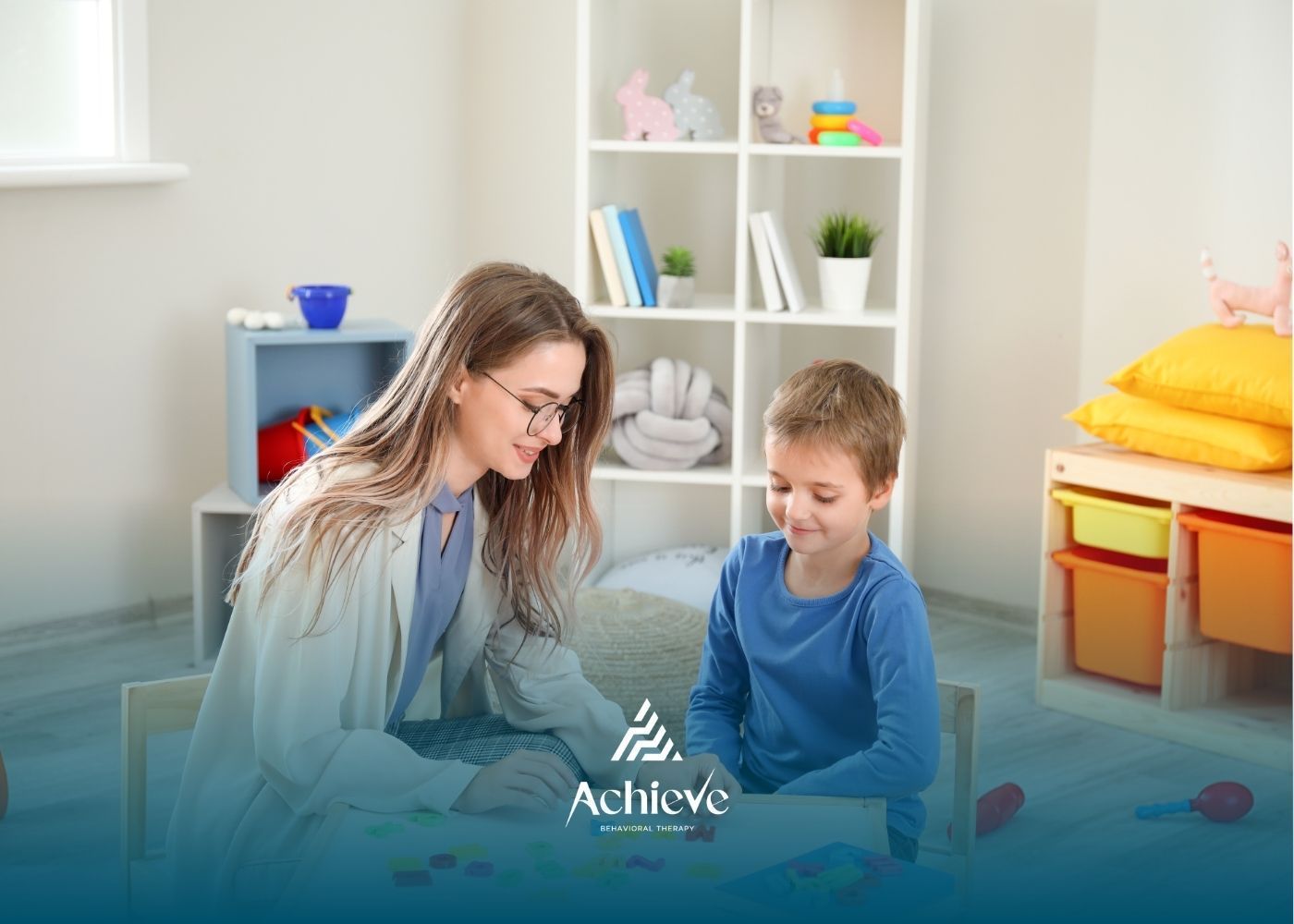At What Age Is Autism Usually Diagnosed? Understanding Early Signs and Evaluation

Autism Spectrum Disorder (ASD) is often diagnosed between the ages of 2 and 3, though signs may appear earlier. In some cases, reliable diagnoses can be made as early as 18 months. Pediatricians typically begin screening for developmental delays during well-child visits, often around 18 and 24 months.
Early signs of autism can include limited eye contact, delayed speech, lack of interest in social interaction, repetitive behaviors, or sensitivity to sounds and textures. However, not all children show the same signs, and some may not be diagnosed until they are older, especially if symptoms are more subtle or masked by strong verbal skills.
Getting an early diagnosis is important because it allows children to begin early intervention services, such as ABA therapy, which has been shown to improve communication, behavior, and learning outcomes significantly.
At Achieve Behavioral Therapy, we support families through the entire process—from recognizing early signs to accessing diagnostic services and starting individualized therapy plans. The sooner we begin, the greater the opportunity for growth.
Frequently Asked Questions
At what age is autism most commonly diagnosed?
Typically between 2 and 3 years old.
Can autism be diagnosed earlier?
Yes, some children can be reliably diagnosed as early as 18 months.
What are early signs of autism?
Delayed speech, poor eye contact, repetitive behavior, and limited social interaction.
Who diagnoses autism?
Developmental pediatricians, child psychologists, or neurologists.
Why is early diagnosis important?
It allows for early intervention, which leads to better long-term outcomes.
Need Support?
We're Here to Help!
Our experienced team is ready to assist you. Reach out today to discuss how we can support your child's development and well-being.
Get started with expert ABA therapy today.












